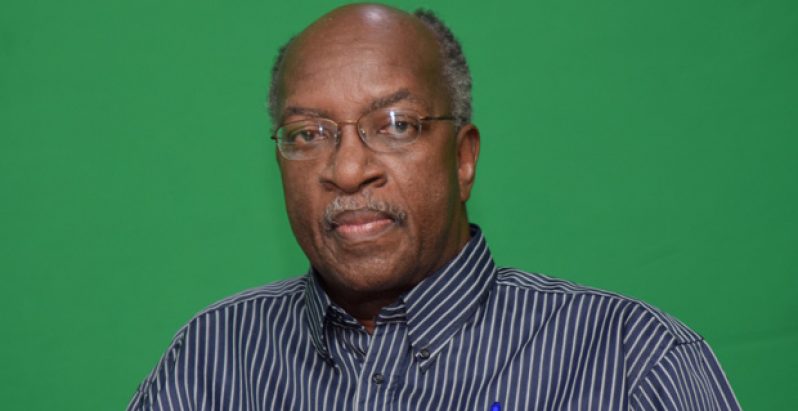By Ambassador Ronald Austin
THE document which governs the Border Controversy between Guyana and Venezuela is the Geneva Agreement, which was signed in that famous city on the 17th February 1966. It was intended to “resolve the controversy over the frontier between Venezuela and British Guiana.”
The signing of the Geneva Agreement was preceded by a two-day Conference at which the British Government, British Guiana and Venezuela were represented. Britain was represented by its Foreign Secretary, Michael Stewart; British Guiana by its then Prime Minister, Mr Forbes Burnham; it’s Attorney General, Mr S.S Ramphal, and a team of advisers; while Venezuela was represented by its Foreign Minister, Mr Igancio Iribarren Borges.
The occasion was marked by intense discussions and speeches by the main protagonists. Mr Burnham delivered a strong speech, in which he stated that his country was not prepared to yield any territory. Along with the speeches, Great Britain and Venezuela exchanged views on how the controversy might be resolved on the basis of a draft agreement, which a team of British and Venezuelan Government officials and Mr Ramphal, representing British Guiana, had drafted before the Conference began. Consensus was finally reached and the Geneva Agreement was signed.
The Geneva Agreement is a short document, consisting of eight (8) articles. It has nothing to do with any adjustment or revision of the internationally defined and accepted border between Guyana and its western neighbour, Venezuela.
Article 1 makes clear what is the purpose of the Geneva Agreement. It states that it establishes a Mixed Commission whose task is to seek “satisfactory solutions for the practical settlement of the controversy between Venezuela and the United Kingdom which has arisen as the result of the Venezuela contention that the Arbitral Award of 1899 about the frontier between British Guiana and Venezuela is null and void.”
The differences between Guyana and Venezuela emerged almost immediately when the Mixed Commission met. Guyana insisted that Venezuela produce evidence that the 1899 Award is null and void. Caracas incorrectly regarded the Geneva Agreement as providing the basis for a revision of the recognized and accepted frontier between the two countries. This difference has continued to this day.
The Agreement also specified that “no new claim or enlargement of an existing claim to territorial sovereignty in these territories (of Venezuela and British Guiana) shall be asserted while this Agreement is in force, nor shall any claim whatsoever be asserted otherwise than in the Mixed Commission while that Commission is in being.” But even as the Mixed Commission was meeting, and in clear breach of the Geneva Agreement, Venezuela seized Guyana’s half of Ankoko Island.
Venezuela’s aggression — military and economic — would continue for more than sixty years. This aggression has also been costly and damaging to Guyana, as major investments in the Essequibo have been stymied.
A critical aspect of the Geneva Agreement is Article IV, which makes provision for the involvement of the Secretary General of the United Nations, who “shall choose another means stipulated in Article 33 of the Charter of the United Nations, and so on until the controversy has been resolved or until all means of peaceful settlement there contemplated have been exhausted.”
This was how the “Good Officer” process was born. This mechanism did not yield any positive results. Guyana has come to the conclusion that Caracas is using the process to frustrate the achievement of a solution to the controversy. In July of last year, Foreign Minister Carl Greenidge was quoted in the Guyana Chronicle as saying “We have indicated very clearly to the Secretary General of the United Nations that the ‘Good Officer’ Process to which we have adhered faithfully does not seem to offer any prospect of moving forward.” He also said that the border controversy must now be resolved by the International Court of Justice (ICJ).
The Government of Guyana is now intent on taking the matter to the World Court, where it is confident that its case will be upheld.
The signing of the Geneva Agreement was an important event, and has a bearing on our survival as a nation. The Guyana Chronicle has therefore decided to reprint this document in full, as well as relevant excerpts from it, to mark the fiftieth anniversary of its signing.
This exercise is also part of the Government’s programme to inform and further educate the Guyanese people about the ongoing border controversy.




.png)









